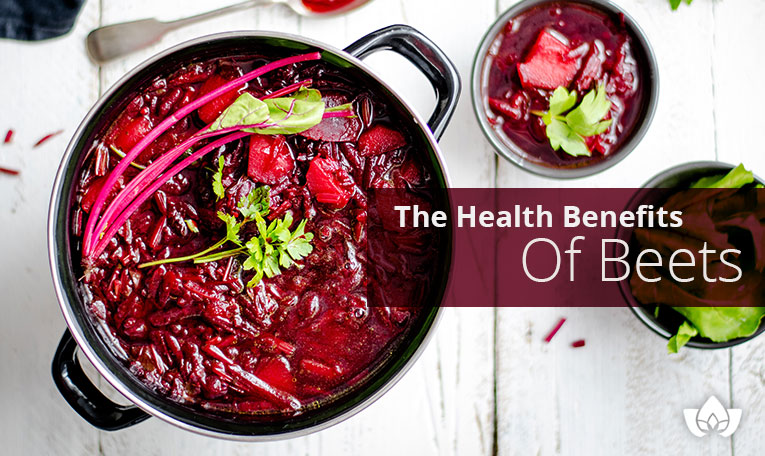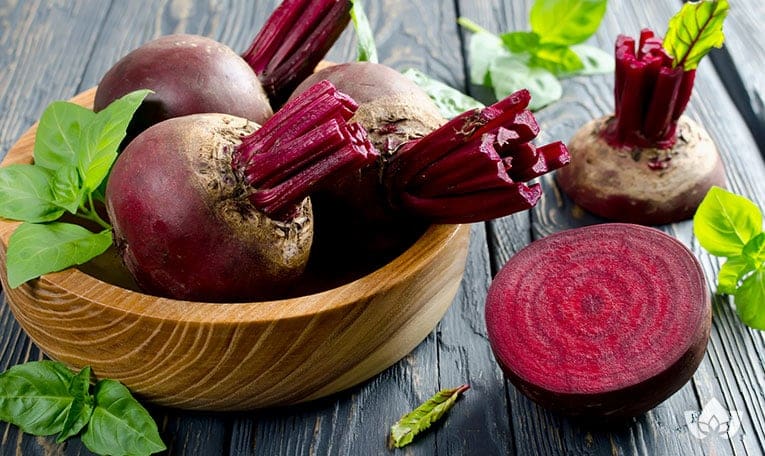
“I don’t like that!”
“It smells funny!”
“Why can’t I have that instead?”
“I want chocolate!”
If you're the parent of a picky eater, these are probably familiar statements to you.
How do you make sure your picky eater gets all the nutrients a growing body needs - without pulling your hair out?
Let’s look at the basics of meal planning for children for some helpful strategies!
Why Are Kids Pickier Than Adults?
Are the taste buds of children and adults really that different?
Why do things we despised as kids become some of our favourite meals as grown-ups?
You might say that over time our “tastes have matured” but there’s more to it than that, as shown in research done by Gwen Dewar, Ph.D on the Science of Picky Eaters.
Firstly, adult taste buds are more tolerant to sour and bitter flavours.
This may explain why the child who begs for a tiny sip of your coffee out of curiosity will spit it out, but then grows up to have a 3 cup-per-day habit.
Children may also be more sensitive to properties such as bitterness, which can be a signal that there might be toxins in food.
So, we know why children often shy away from bitter flavours, but why do they gravitate towards sweets?
It might be because they are being drawn towards energy-rich foods.
They are growing and using energy at a much faster rate than adults, so it would stand to reason they will prefer foods that help fulfill these needs.
Looking at the research, there are many reasons to suggest children may be picky eaters, and then grow into liking a wider variety of foods as adults.
How To Deal With Picky Eaters
So, you’ve got a picky eater on your hands - but they still need to eat and waiting for them to “outgrow” it isn’t really an option.
Let’s look at some strategies that might help make mealtime easier:
1. Get Your Kids Involved With Meal Planning
Do you ever notice how excited kids are to show you their latest piece of artwork?
Or how proud they are to show off their science-fair project?
Kids get excited over things they had a hand in making - and meal time is no different.
Starting a garden at home and involving kids from start to finish can be a great way to get them to eat fruits and vegetables.
As they plant and care for different types of veggies, they will be more inclined to want to try them afterward.
Having them help in the kitchen, even if it’s just adding ingredients to a recipe or having them stir the mixing bowl, not only gets them involved in the process but teaches lifelong cooking skills.
It might even get them excited about Brussels sprouts.
2. Try Different Food Combinations
Just because little Sally doesn’t like pork fried rice doesn’t mean she hates rice.
Maybe she’ll like it in a tasty paella, or risotto with tomatoes.
Don’t give up on getting Johnny to try spinach because he rejects it in a salad - maybe you’ll have better luck with cooked spinach in a soup.
Trying new ways of preparing foods may open your child to things they previously disliked.
But sometimes your child will legitimately just not like a food.
That's okay – we all have foods we don't like – but at what point should you stop trying to make it work and just move on?
We say if a child tries something 10 times and still dislikes it - now might be the time to leave it be.
And what about finishing everything on their plate?
It’s OK. Children need to learn to recognize when they're full.
Pushing a child to eat everything on their plate even if they're full can lead to an unhealthy relationship with food later in life.
3. Set Regular And Consistent Meal And Snack Times
Just like most people have their children keep regular bedtimes, establishing regular meal and snack times is important to maintaining a routine.
Establishing (and sticking to) routines will teach children that they can expect food at certain times.
While it might be OK to have breakfast in front of the TV watching cartoons, setting an expectation of sitting down as a family at least once per day is important - so get in the habit of turning off the TV over dinner.
Or maybe busy evening schedules mean that not everyone is home in the evening, making breakfast a family affair.
Incorporating family meals, where everyone eats together is important; a study from 2000 showed that children who ate dinner with their families had better eating habits, including increased intake of fruits and vegetables and fibre and less fried food and saturated fat.
What will work best for your family?
Contact The Mindful Healing Clinic
Do you need help with meal planning for your picky eater?
Are you worried that your child may not be getting all of the nutrients they need to grow up healthy and strong?
If so, contact me, Dr. Maria Cavallazzi at the Mindful Healing Clinic.
We will work together on strategies and meal plans to ensure your child is getting everything they need from their diet.
Until next time,
Dr. Maria Cavallazzi, N.D
Mindful Healing Integrative Naturopathy
251 Queen St S Unit 4,
Mississauga, ON L5M 1L7
- https://goo.gl/maps/KYspifT7J232
Dr. Maria Cavallazzi is a medical doctor from Colombia where she practiced as a family physician for 8 years until she moved to Canada 16 years ago.
To discover more ideas on health, wellness, and alternative medicine, please visit us here: http://www.mindfulclinic.ca/







